The heavy rains and floods following storm No. 10 have caused serious flooding in many mountainous areas in the North and Central regions. Floodwaters not only carry mud and waste but also contain many chemicals and organic decomposition – a favorable environment for disease-causing microorganisms to develop.
According to Master, Doctor Nguyen Tien Thanh, Vietnam Dermatology Association, when having to regularly contact with dirty water, mud, especially in long-term humid conditions, the risk of skin diseases will increase, greatly affecting people's daily life and health. Below are the dermatological diseases Common problems after floods and how to prevent them:
Contact dermatitis
This condition occurs when the skin comes into direct contact with floodwater containing chemicals from garbage, sewers or animal waste. Common symptoms include redness, itching, swelling, and blisters, especially on the hands and feet - areas that come into direct contact.
Treatment: Wash with clean water and mild soap, dry thoroughly, apply skin recovery cream. Severe cases may require topical corticosteroids or antihistamines as directed by your doctor.
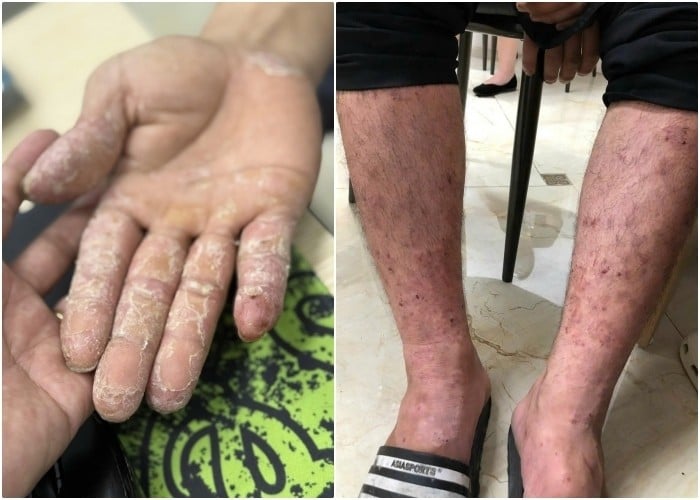
Skin fungus
High humidity and prolonged soaking of the skin in water creates ideal conditions for fungus to grow, especially between the toes, groin, and armpits. The disease is characterized by severe itching, white flakes, small blisters, shallow ulcers, and may be accompanied by a foul odor.
Treatment and prevention: Keep skin dry, change socks and shoes, use antifungal topical medications such as clotrimazole, ketoconazole, etc. Severe cases may require oral medication as prescribed.
Folliculitis and skin abscesses
When bacteria enter hair follicles or scratches from contact with dirty water, the patient may experience redness, swelling, painful pustules, abscess formation, and even spread into cellulitis.
Treatment: Clean the skin, do not squeeze the pus, use a mild antiseptic solution. If there are signs of spreading, fever or fatigue, the patient should go to a medical facility for appropriate antibiotic treatment.
Skin ulcers, cellulitis
If the skin is damaged and not cared for properly, it can lead to deep ulcers and widespread infection. Signs include redness, swelling, pain, discharge, foul odor, and fever.
Warning: This is a serious condition that requires systemic antibiotics and intensive medical care. Surgical intervention may be required if necrosis develops.
Relapse of chronic skin disease
People with a history of chronic skin diseases such as eczema, atopic dermatitis, psoriasis prone to relapse when exposed to dirty water. Symptoms are usually dry, flaky skin, severe itching or oozing.
Recommendations: Maintain a moisturizing routine, avoid exposure to floodwaters, and use topical medications if necessary as directed by a dermatologist.
When to see a doctor?
Dr. Thanh emphasized that people should not be subjective when facing symptoms such as deep ulcers, widespread damaged skin, pus, fever, fatigue. Absolutely avoid buying topical medications of unknown origin.
“Although not immediately dangerous, skin diseases can cause complications if not treated promptly. Even a small scratch can become a serious infection if left untreated.” Doctor Thanh warned.
Source: https://baolangson.vn/nhung-benh-ve-da-thuong-gap-sau-mua-lu-5060817.html





![[Photo] Prime Minister Pham Minh Chinh launched a peak emulation campaign to achieve achievements in celebration of the 14th National Party Congress](https://vphoto.vietnam.vn/thumb/1200x675/vietnam/resource/IMAGE/2025/10/5/8869ec5cdbc740f58fbf2ae73f065076)










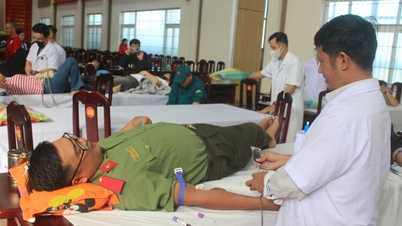








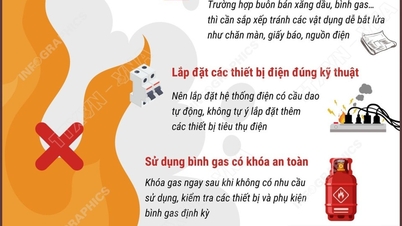
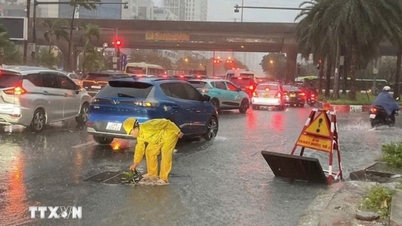
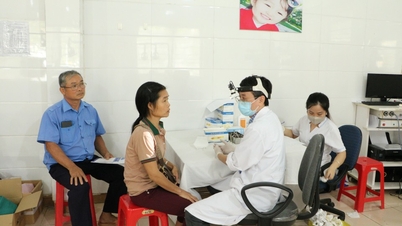
![[Photo] Bustling Mid-Autumn Festival at the Museum of Ethnology](https://vphoto.vietnam.vn/thumb/1200x675/vietnam/resource/IMAGE/2025/10/4/da8d5927734d4ca58e3eced14bc435a3)

























![[VIDEO] Summary of Petrovietnam's 50th Anniversary Ceremony](https://vphoto.vietnam.vn/thumb/402x226/vietnam/resource/IMAGE/2025/10/4/abe133bdb8114793a16d4fe3e5bd0f12)

![[VIDEO] GENERAL SECRETARY TO LAM AWARDS PETROVIETNAM 8 GOLDEN WORDS: "PIONEER - EXCELLENT - SUSTAINABLE - GLOBAL"](https://vphoto.vietnam.vn/thumb/402x226/vietnam/resource/IMAGE/2025/7/23/c2fdb48863e846cfa9fb8e6ea9cf44e7)
















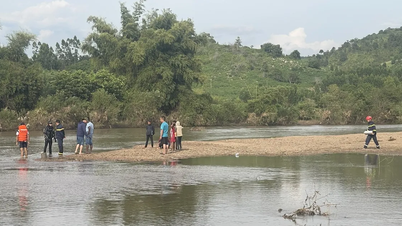


















Comment (0)